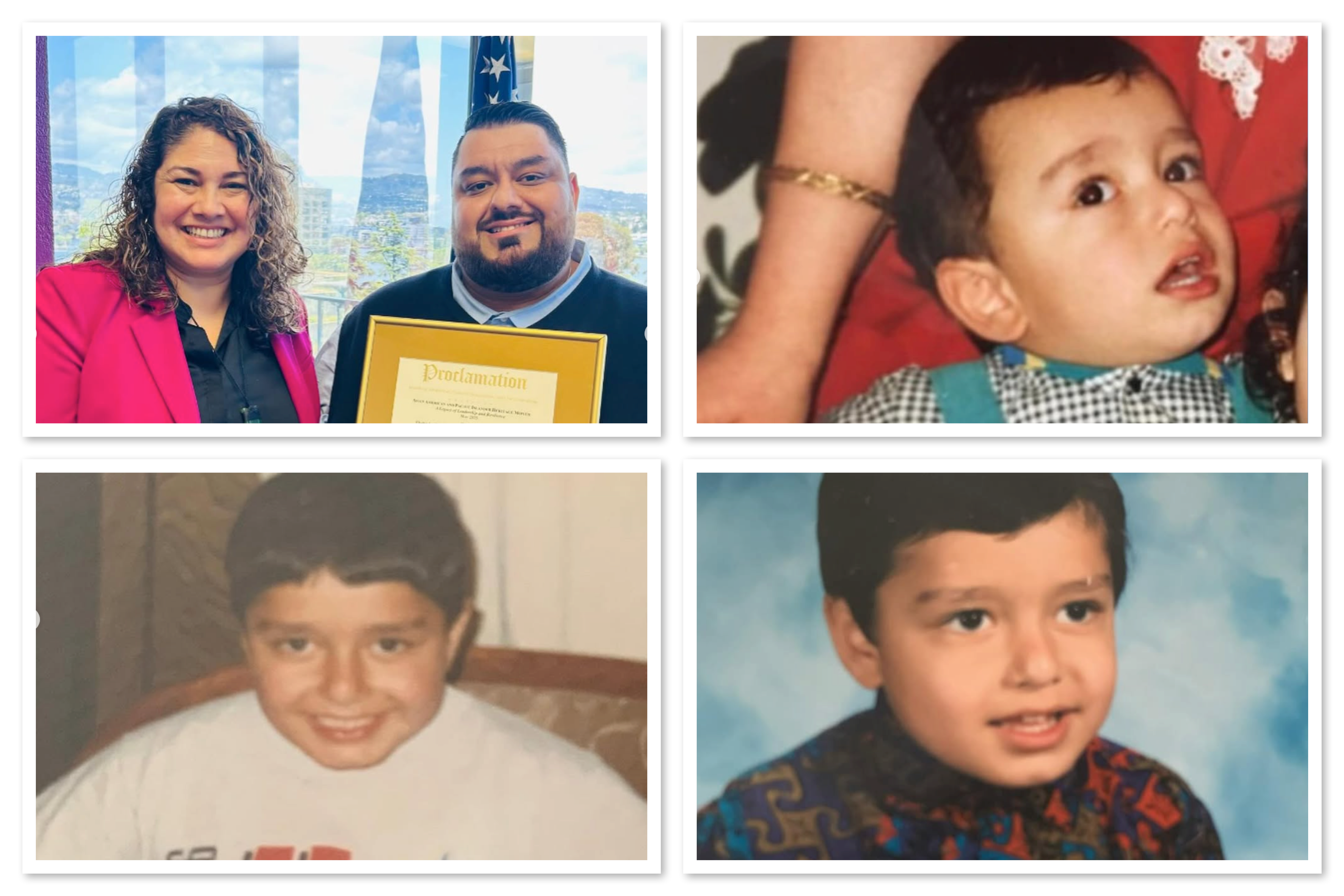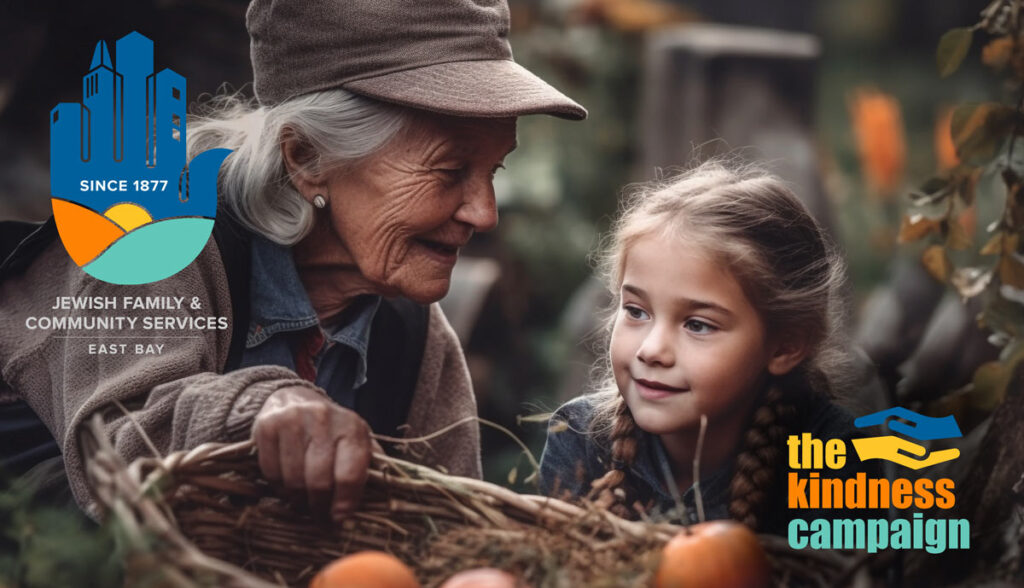Part 1: “I Was the Navigator”

(Theme: His motivations for refugee advocacy, rooted in his family’s story and community support.)
“My family fled Afghanistan in the 1980s after the Communist regime took over. Within months, my grandfather was taken—one of thousands of religious leaders, business owners, ordinary citizens who disappeared. We never found out what happened. My parents spent years in refugee camps in Iran and Pakistan before we were finally resettled in the East Bay by Catholic Charities in 1986.
At eight years old I was going to doctor’s appointments with my parents, helping them fill out forms, reading letters they didn’t understand. I was a bridge between two worlds: the Afghan refugee community I was born into, and the American one I was born in.
We got lucky. We were resettled in Alameda County, where UC Berkeley students—many of them former activists—had become social workers, policy makers, and community leaders. They built the support systems my family needed to survive.
But those systems had gaps. My parents didn’t get access to workforce training, education, or mental health services. We lived within the safety net, but we were still navigating it blind. That’s why I do this work. I serve on the board of JFCS East Bay because I’ve seen firsthand what happens when communities step up, and I’ve seen where we fall short.
Refugees aren’t a burden—they’re neighbors, students, educators, caregivers. And when we invest in them, we’re investing in the future of this country. I’m proof of that. My story is not exceptional. It’s what’s possible when people care.”
Part 2: “A Death Sentence”
(Updated theme: The danger facing Afghan refugees due to the end of Temporary Protected Status, connected to a broader American legacy of welcoming—and sometimes turning away—those fleeing violence.)
“Right now, thousands of Afghan refugees are at risk of being sent back to danger. The U.S. government is ending Temporary Protected Status for Afghans—people who escaped war, persecution, and violence, often because they supported our mission during the 20-year conflict. Sending them back now would be, in many cases, a death sentence.
These are individuals who trusted America—who believed in its promise, who stood by our troops, who made unimaginable sacrifices. Many have been through extensive vetting. Many have family here. They are our neighbors, our coworkers, our students. We told them we would protect them. Now we’re turning our backs.
As an American, and as the child of refugees, I know this story is not new. Throughout history, people fleeing oppressive regimes—from Eastern Europe to Southeast Asia to Central America—have looked to the U.S. as a place of safety. For example, I think of the many ships that arrived on U.S. shores during World War II, carrying Jewish refugees fleeing the Nazis. Sometimes we rose to meet that moment. And sometimes, we failed.
The fear Afghan refugees feel today is real. The confusion is real. And when policies are rolled out with chaos and no clear guidance, those most vulnerable pay the highest price.
If you’re a citizen, you have power. You can speak out. You can call your representatives. You can help ensure this country lives up to the ideals so many risk everything to reach.
Refugees are not outsiders—they are part of the American story. They enrich our communities, they serve, they lead, they give back. My family is proof.
This is a moment to decide who we are. Do we keep our promises, or do we repeat the mistakes of the past?”








